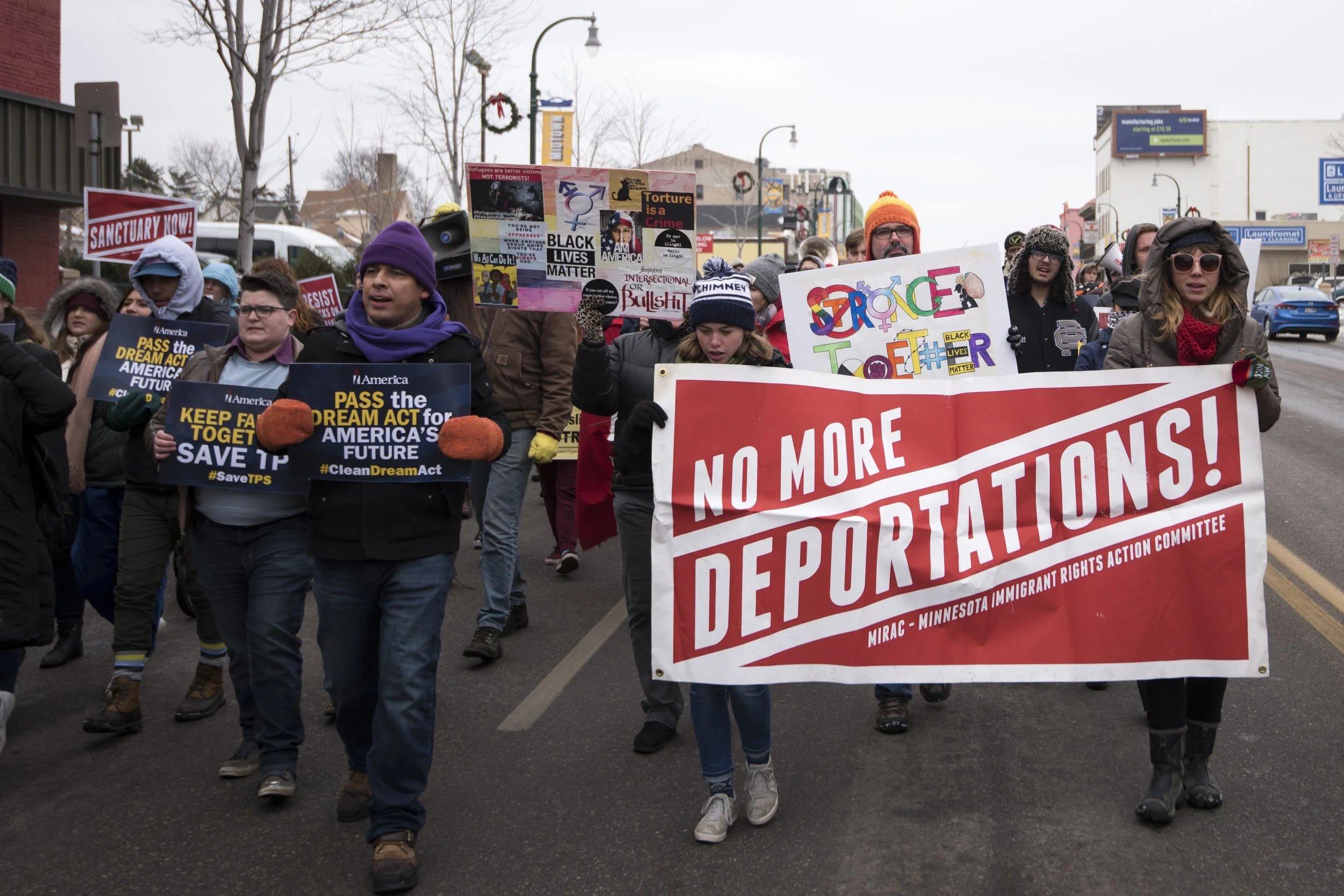More Than 200 Venezuelans Deported from US Depsite Court Orders
Protestors gather to call an end to human rights violations in 2017. (Flickr)
The Trump administration deported more than 200 Venezuelans to El Salvador’s prisons on March 15, 2025 against court orders. The administration has labeled these Venezuelans as gang members of the Tren de Aragua.
The U.S. President invoked the 1798 Alien Enemies Act, which allows the deportation of non-US citizens in a time of war between the United States and a foreign nation. Presidents have only invoked the act three times. Tren de Aragua was designated as a terrorist organization in February.
According to Trump’s proclamation, the gang members “have unlawfully infiltrated the United States and are conducting irregular warfare and undertaking hostile actions against the United States.”
There are questions on how the Venezuelans are deemed as “terrorists.” Thirty-six-year-old professional soccer player Jerce Reyes Barrios was deported because of his tattoo resembling Real Madrid’s logo, according to his lawyers.
“Basically any Venezuelan citizen in the United States may be removed on the pretext of belonging to Tren de Aragua, with no chance at defense,” Adam Isacson of the Washington Office for Latin America stated.
The U.S. District Judge James Boasburg quickly banned the deportation of 238 Venezuelans, verbally ordering the planes to turn back. The two planes never did; instead, they claimed to have left before the order and had already reached El Salvador and Honduras.
The Guardian reports that the Justice Department claimed that only written orders are official and that this does not apply to planes that have already left.
President of El Salvador Nayib Bukele responded on X to Boasburg’s ruling with “Oopsie…. Too late” as he recently accepted Trump’s offer of extending his prisons to the United States in exchange for $20,000 per individual each year, for an estimated total of 6 million dollars.
The deportees were sent to Bukele’s controversial CECOT facilities. A video released by El Salvador shows the men with ankles shackled as they struggled to walk.
One of them seen in the footage was Javier García Casique, a 24-year-old hairdresser. His family claims he never committed a crime and worked hard to provide for his family.
“I never in my life thought I would see my brother like that – handcuffed, his head shaved, in a prison for murderers, where they put rapists and kidnappers. It is very painful because he is innocent,” his brother said.
Many have called out Salvador's prison system as inhumane and a violation of human rights. Eighty-five thousand prisoners still await their trial dates, with authorities announcing they would be tried in mass groups of 900.
Boasburg has ordered the Justice Department to hand over detailed information about the planes' times and routes. The lawyers refused to comply, arguing for national security concerns.
Legal battles intensified in the days after the first deportations. On March 24, U.S. District Judge James Boasberg denied the Trump administration's request to lift the temporary restraining order that prevented more deportations under the Alien Enemies Act. He emphasized that before being deported, those who were deported should be allowed to contest their designation as gang members.
Citing national security concerns, the government used the "state secrets privilege" to keep information about the deportation planes private. Because the court demanded accountability for the flight details, this move further strained ties with the courts.
Lawyers for the Venezuelan government have taken legal action in El Salvador to secure the release of the deported people held in a maximum-security institution. An important development in the continuing legal battles over these deportations is the Salvadoran Supreme Court's decision to consider their defense.
These events underscore the complex legal and human rights issues as domestic and international entities grapple with the ramifications of the Trump administration's action.

